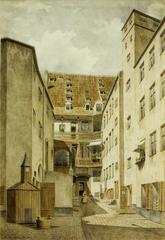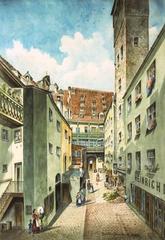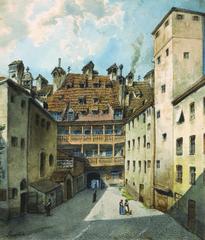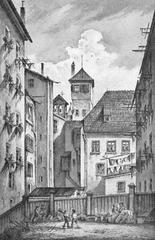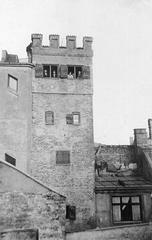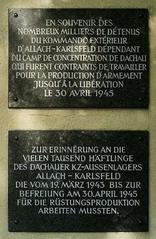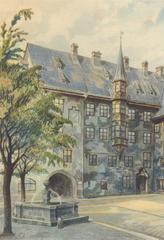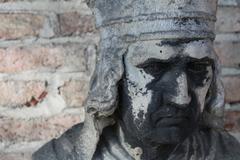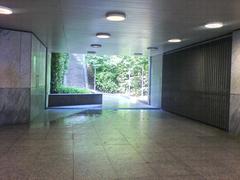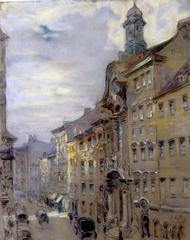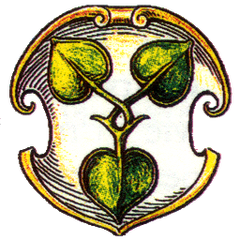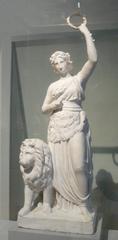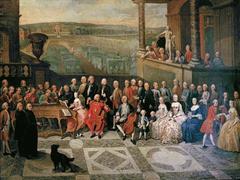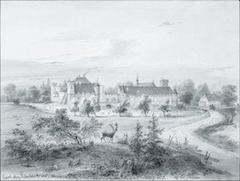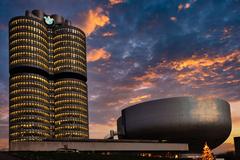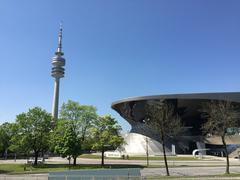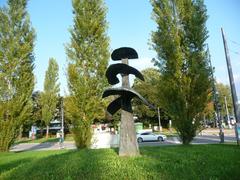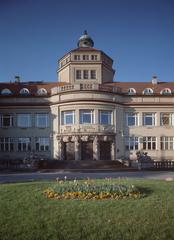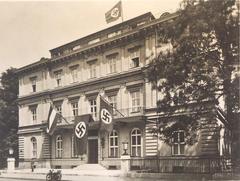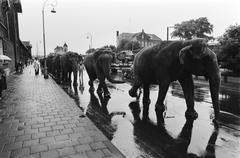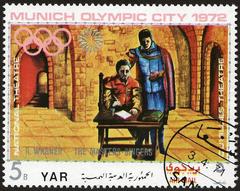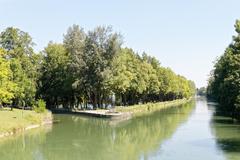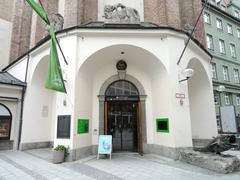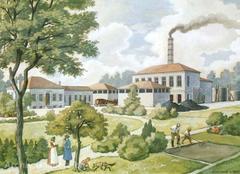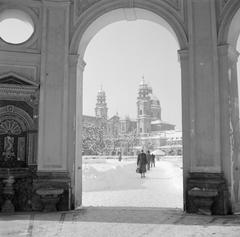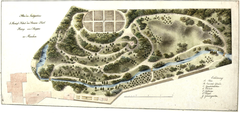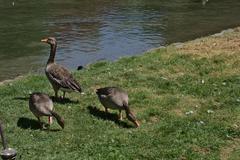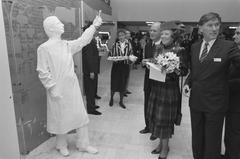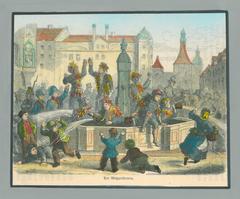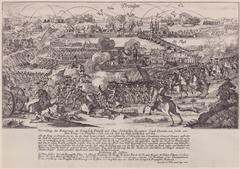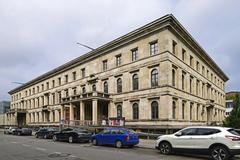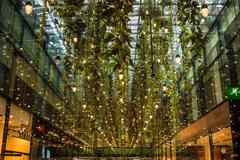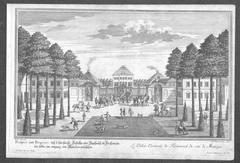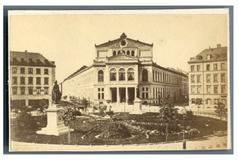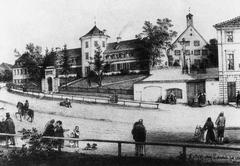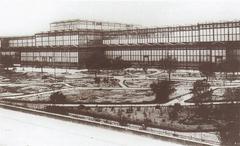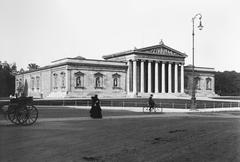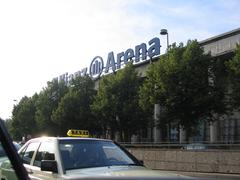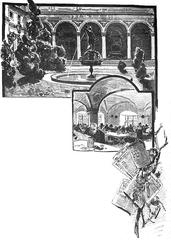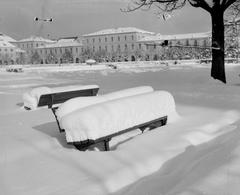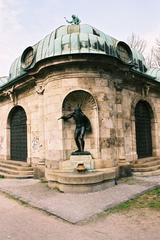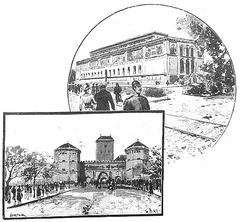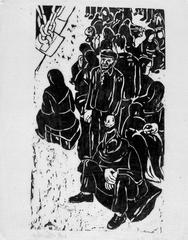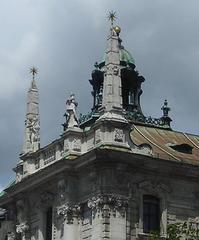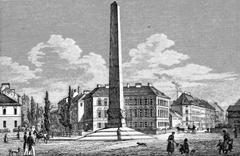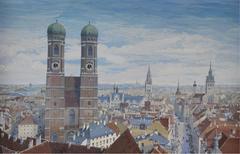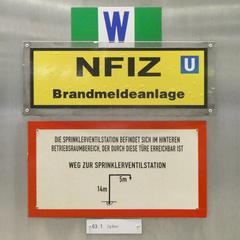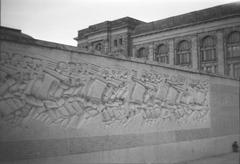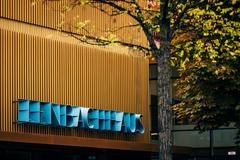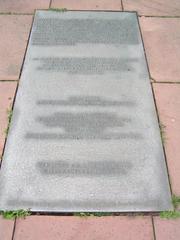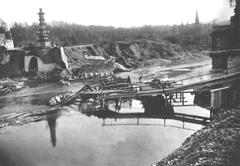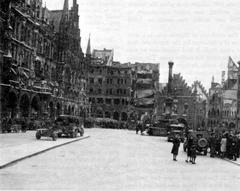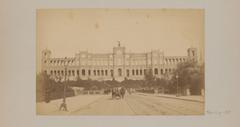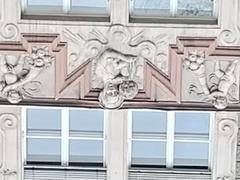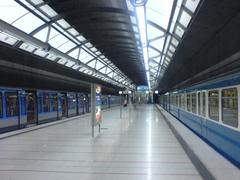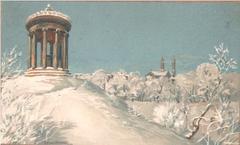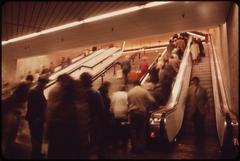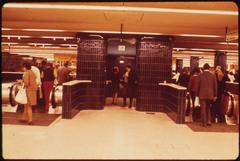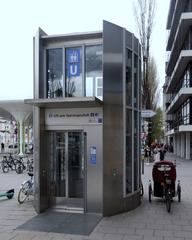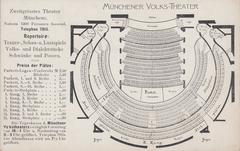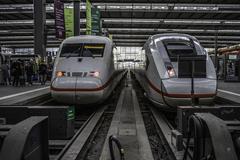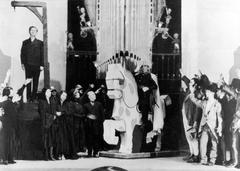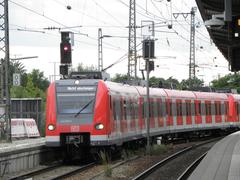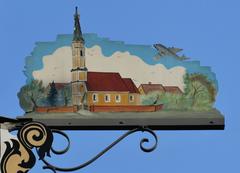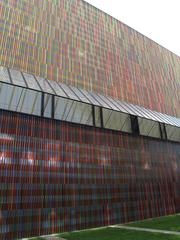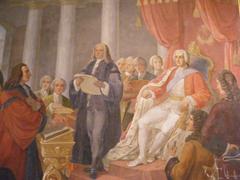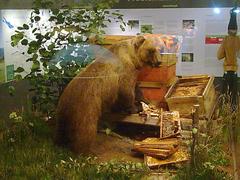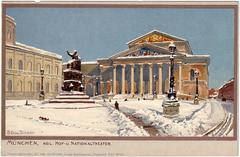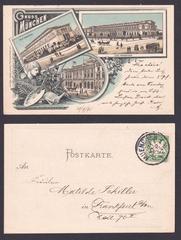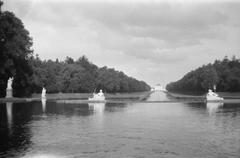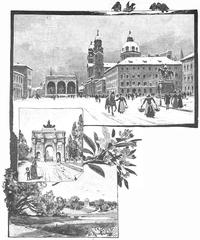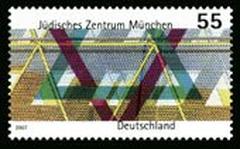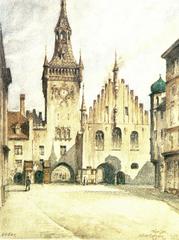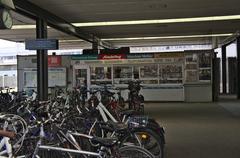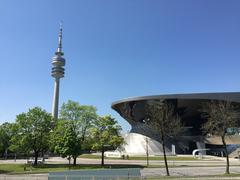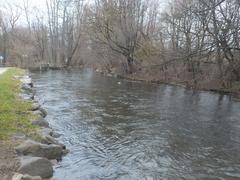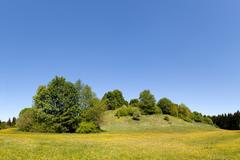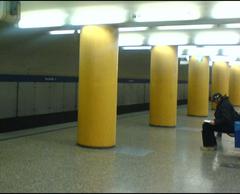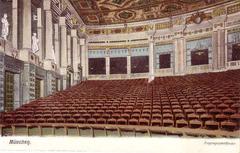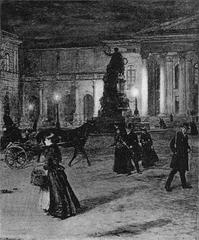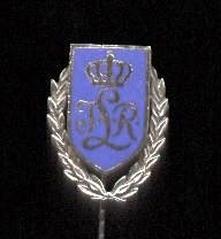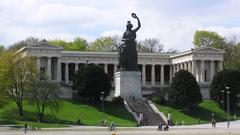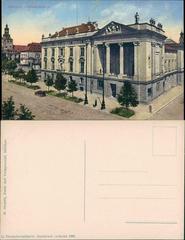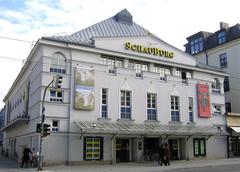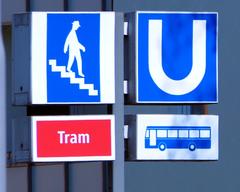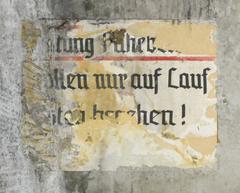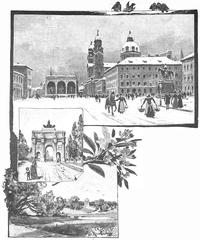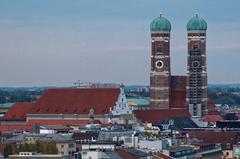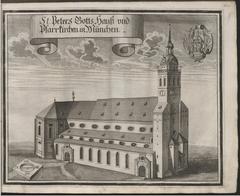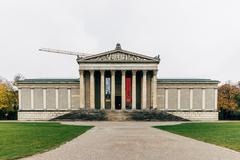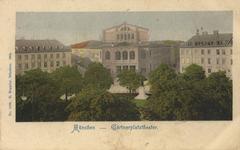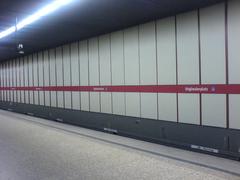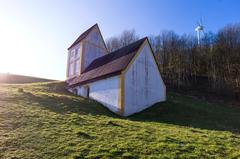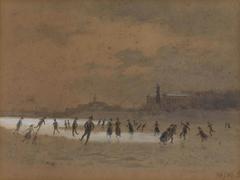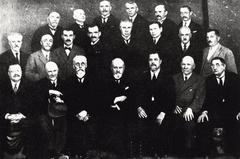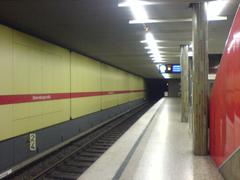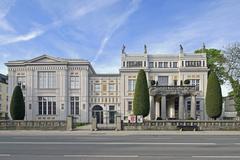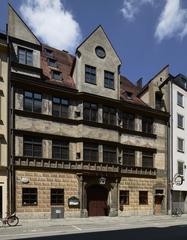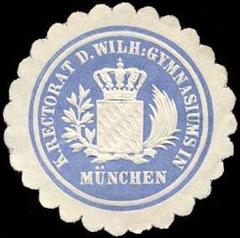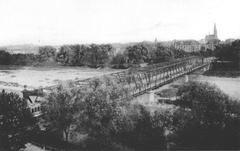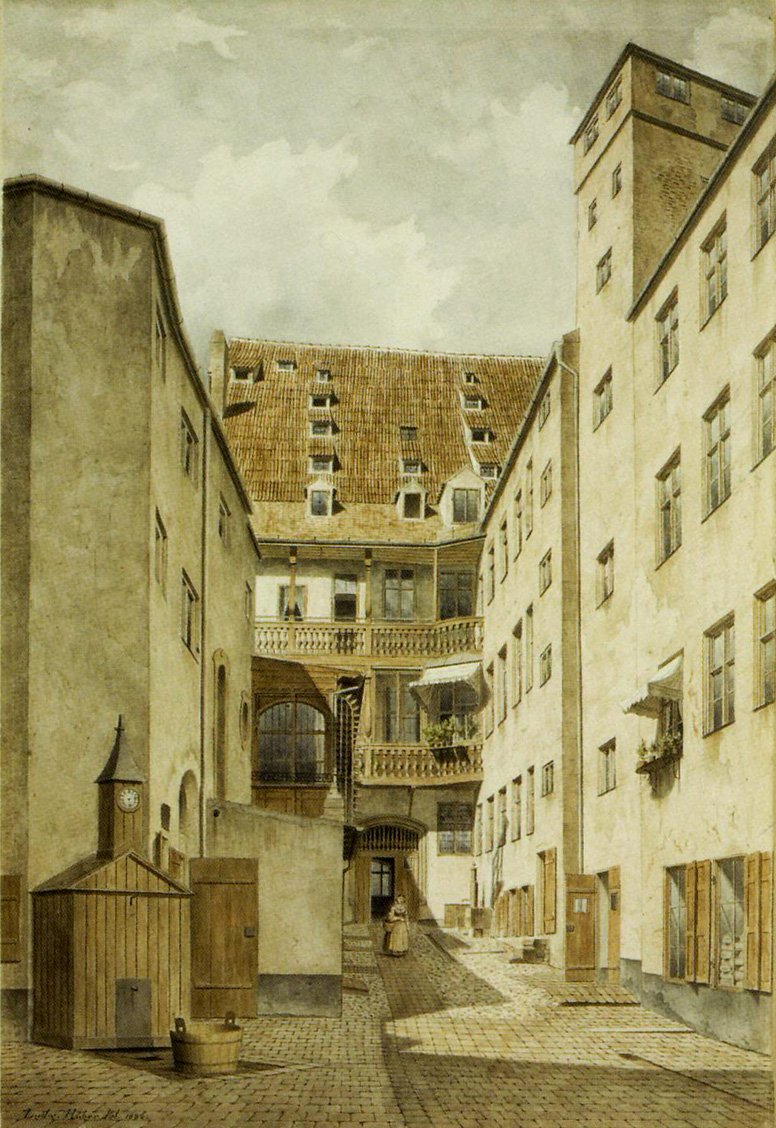
Comprehensive Guide to Visiting Löwenturm, Munich, Germany
Date: 19/07/2024
Introduction
Table of Contents
- Introduction
- Origins and Early History
- History and Cultural Significance
- Getting There
- Best Time to Visit
- Opening Hours and Admission
- Guided Tours
- Accessibility
- Nearby Attractions
- Dining Options
- Safety Tips
- Photography
- Souvenirs
- Language
- Currency and Payments
- Weather Considerations
- Festivals and Events
- Local Traditions
- Art and Literature
- Educational Programs
- Preservation Efforts
- Visitor Experience
- FAQ
- Conclusion
Origins and Early History
The Löwenturm, constructed in the 12th century, was initially part of Munich’s fortifications, serving as a defensive structure to protect the city from potential invaders. The name Löwenturm, or Lion Tower, is derived from the lion, a symbol of strength and courage found in Munich’s coat of arms. Over the centuries, the tower has witnessed numerous historical events, including the Thirty Years’ War and the Napoleonic Wars, making it a repository of the city’s rich history.
History and Cultural Significance
The Löwenturm holds a significant place in the cultural fabric of Munich. It is often featured in local folklore and legends, symbolizing the city’s indomitable spirit. The lion, as a symbol, is deeply ingrained in Bavarian culture, representing bravery and nobility. The tower is also a focal point during various cultural festivals and events, such as the annual Oktoberfest, where it is adorned with traditional Bavarian decorations.
Getting There
Löwenturm is easily accessible via Munich’s efficient public transportation system. The nearest U-Bahn station is Marienplatz, served by lines U3 and U6. From Marienplatz, it’s a short walk to Löwenturm. You can also take the S-Bahn to Marienplatz, a major hub for several S-Bahn lines, including S1, S2, S3, S4, S6, S7, and S8. For those driving, nearby parking garages include Parkhaus am Hofbräuhaus and Parkhaus Rindermarkt, though public transport is recommended due to limited and expensive parking.
Best Time to Visit
The best times to visit Löwenturm are in the spring (April to June) and fall (September to October) when the weather is mild and tourist crowds are smaller. Summer (July to August) is also popular but expect larger crowds and higher temperatures. Winter (November to March) can be cold, but the festive atmosphere of Munich’s Christmas markets adds a unique charm.
Opening Hours and Admission
Löwenturm is open daily, generally from 10:00 AM to 6:00 PM, though hours may vary with the season and special events. Check the official website or tourist information center for the latest information on opening hours. Admission is around €8 for adults, €5 for students and seniors, and free for children under 12. Special exhibitions or events may have separate fees.
Guided Tours
Enhance your visit with a guided tour, offering in-depth information about Löwenturm’s history and significance. Tours are available in multiple languages, including English and German. Book through the official website or at the tourist information center at Marienplatz. Private tours are also available for a personalized experience.
Accessibility
Löwenturm is committed to accessibility. The main entrance is wheelchair accessible, and elevators are available to reach different levels. Accessible restrooms are also on-site. For visitors with hearing impairments, audio guides and written materials are available. Contact the facility in advance to ensure all specific accessibility needs are met.
Nearby Attractions
Löwenturm is surrounded by other notable attractions:
- Marienplatz - The central square of Munich, famous for its historic buildings and the Glockenspiel. (Marienplatz)
- Frauenkirche - Munich’s iconic cathedral, known for its twin towers. (Frauenkirche)
- Viktualienmarkt - A bustling food market with a variety of local and international delicacies. (Viktualienmarkt)
- Hofbräuhaus - The world-famous beer hall, perfect for experiencing Bavarian culture. (Hofbräuhaus)
Dining Options
Around Löwenturm, you’ll find numerous dining options for all tastes and budgets. For traditional Bavarian meals, consider Hofbräuhaus or Augustiner-Keller. If you prefer international cuisine, options include Italian, Asian, and Mediterranean restaurants. For a quick snack or coffee break, explore the cafes and bakeries around Marienplatz and Viktualienmarkt.
Safety Tips
Munich is generally safe, but standard precautions are wise. Keep an eye on your belongings in crowded areas to avoid pickpocketing. Be aware of your surroundings and avoid poorly lit areas at night. If traveling alone, share your itinerary with someone. Emergency number: 112.
Photography
Löwenturm offers excellent photo opportunities, both inside and from its observation deck. Photography is generally permitted, but check for any restrictions during special exhibitions or events. For the best photos, visit early in the morning or late in the afternoon when lighting is optimal and crowds are thinner.
Souvenirs
Several souvenir shops around Löwenturm sell mementos of your visit. Popular items include postcards, magnets, and traditional Bavarian crafts. Viktualienmarkt also offers local products like cheeses, sausages, and handmade goods, ideal for unique souvenirs.
Language
German is the official language, but English is widely spoken in Munich, especially in tourist areas. Most signs and information boards are bilingual, and many staff members at tourist attractions, restaurants, and shops speak English. Learning a few basic German phrases can enhance your experience and is appreciated by locals.
Currency and Payments
Germany uses the Euro (€). Credit and debit cards are widely accepted, but carry some cash for small purchases or places that don’t accept cards. ATMs are readily available throughout the city, including near Löwenturm.
Weather Considerations
Munich’s weather can be unpredictable. In summer, temperatures can reach up to 30°C (86°F), so bring sunscreen, a hat, and stay hydrated. In winter, temperatures can drop below freezing, so dress warmly and wear appropriate footwear for icy conditions. An umbrella or raincoat is useful year-round due to occasional rain showers.
Festivals and Events
Munich is renowned for its vibrant cultural festivals, and the Löwenturm plays a central role in many of these celebrations. During Oktoberfest, the tower is illuminated with festive lights, and traditional Bavarian music and dance performances are held in its vicinity. The tower also serves as a backdrop for the Tollwood Festival, a biannual cultural festival that features a diverse array of performances, including theater, music, and dance. These events highlight the tower’s importance as a cultural hub in Munich.
Local Traditions
The Löwenturm is deeply intertwined with local traditions and customs. One such tradition is the “Lion’s Roar,” a ceremonial event held annually to commemorate the tower’s historical significance. During this event, a symbolic roar is performed by local actors dressed in traditional Bavarian attire, reenacting historical events associated with the tower. This tradition not only preserves the tower’s historical legacy but also fosters a sense of community and cultural pride among Munich’s residents.
Art and Literature
The Löwenturm has inspired numerous works of art and literature over the centuries. It has been depicted in paintings by renowned artists such as Carl Spitzweg and Ludwig von Langenmantel, capturing its majestic presence and historical significance. The tower has also been referenced in literary works, including poems and novels, where it often symbolizes strength and endurance. These artistic representations contribute to the tower’s cultural legacy and its enduring appeal.
Educational Programs
The Löwenturm is also a focal point for educational programs and historical tours. Local schools and universities often organize field trips to the tower, where students learn about its historical and cultural significance. Guided tours are available for visitors, providing in-depth insights into the tower’s history, architecture, and cultural impact. These educational initiatives help to preserve the tower’s legacy and promote an understanding of Munich’s rich cultural heritage.
Preservation Efforts
Preserving the Löwenturm is a priority for the city of Munich. The tower has undergone several restoration projects over the years to maintain its structural integrity and historical authenticity. These efforts are supported by local heritage organizations and government agencies, ensuring that the tower remains a symbol of Munich’s cultural heritage for future generations. The preservation of the Löwenturm is a testament to the city’s commitment to safeguarding its historical landmarks.
Visitor Experience
Visiting the Löwenturm offers a unique cultural experience for tourists. The tower’s historical significance, architectural beauty, and cultural symbolism make it a must-visit destination in Munich. Visitors can explore the tower’s interior, which houses exhibits on its history and cultural impact. The panoramic view from the top of the tower provides a breathtaking perspective of Munich’s skyline, making it a popular spot for photography. Additionally, the tower’s proximity to other cultural landmarks, such as the Marienplatz and the Frauenkirche, makes it an integral part of any cultural tour of Munich.
FAQ
Q: What are the Löwenturm visiting hours?
A: The Löwenturm is open from 10:00 AM to 6:00 PM daily.
Q: How much do tickets to the Löwenturm cost?
A: Tickets are €8 for adults, €5 for students and seniors, and free for children under 12.
Q: Is the Löwenturm accessible to visitors with disabilities?
A: Yes, the Löwenturm is accessible. An elevator is available, and there are ramps leading to the entrance.
Q: Are guided tours available at the Löwenturm?
A: Yes, guided tours are available and provide in-depth insights into the tower’s history and significance.
Conclusion
By following the tips and information provided in this guide, you can ensure a smooth and enjoyable visit to Löwenturm, making the most of your time in this historic and vibrant part of Munich.
